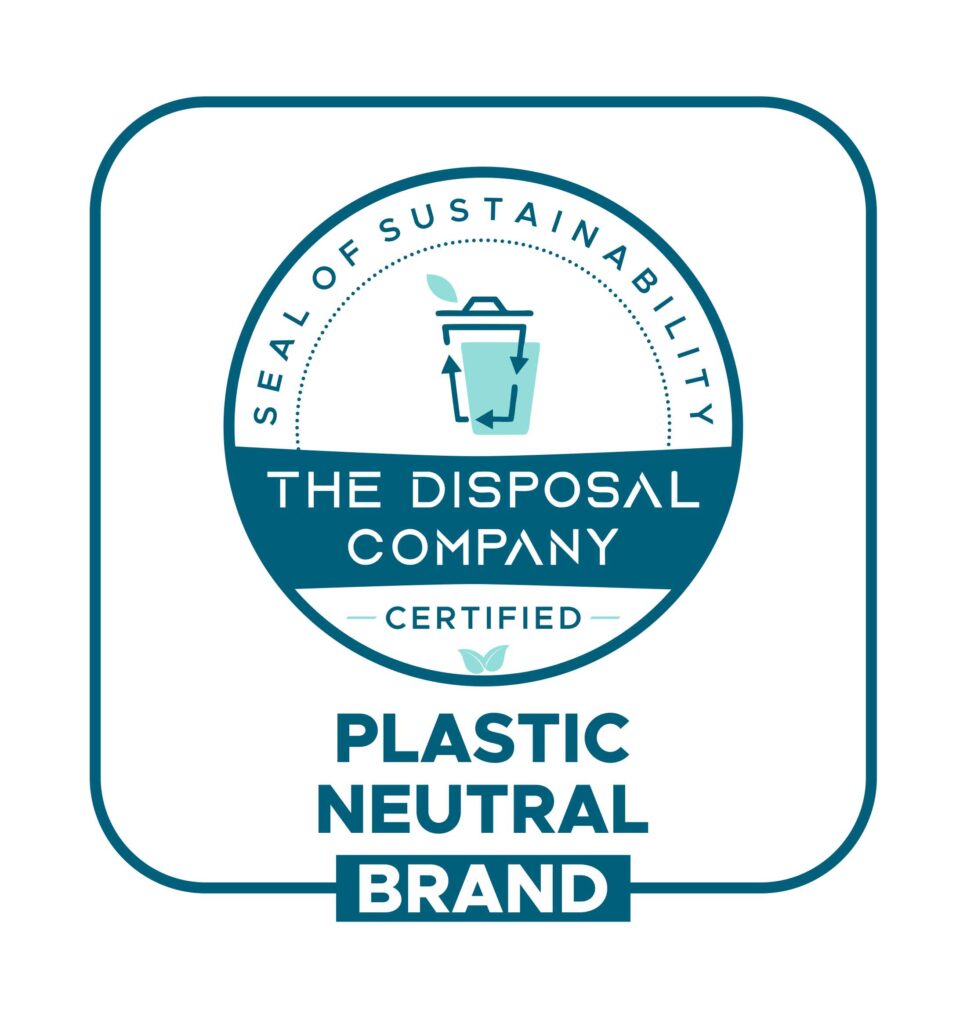The Disposal Company’s Seal of Sustainability™ Empowers Conscious Consumerism

The concept of conscious consumerism, its benefits, and how to adopt it to empower your purchasing process with The Disposal Company.
What is conscious consumerism?
Conscious consumerism, also known as ethical consumerism, conscientious consumerism, or green consumerism, entails shopping in manners that one believes will have a positive influence on society, the environment, or the economy.
This approach emphasizes making constructive choices throughout the purchasing process, aiming to counteract some of the adverse effects that consumerism has on the planet.
Responsible consumerism advocates for sustainable farming and other environmentally friendly methods of production, along with producing goods only in necessary quantities. Factors such as pay equity and ethical labor practices also motivate this form of consumption.
Who are conscious consumers?
As consumers become increasingly conscious of their influence and scrutinize the enterprises they patronize, distinct attributes of mindful consumers come to light. Mindful consumers aspire to employ their personal choices to contribute to global change. They view consumption as a manner of casting votes by utilizing purchases to endorse companies that uphold the principles deemed significant by them.
It’s important to recognize that engaging in this style of expenditure necessitates a certain degree of privilege, as well as the capacity to make such choices, a luxury not accessible to everyone. Additionally, this kind of clientele is typically composed of younger individuals, with millennials frequently aligning with this classification.
The conscious consumerism trend
Some noteworthy statistics include:
- Google searches for sustainable products experienced a 71 percent increase between 2016 and 2021, as reported by WWF.
- According to NBS research, consumers are prepared to pay an average premium of 10 percent for products aligned with social consciousness.
- In response to the COVID-19 pandemic, 57 percent of respondents in a McKinsey survey have already implemented lifestyle changes aimed at reducing their environmental impact.
Benefits of conscious consumerism
Reduce Your Ecological Impact:
Conscious consumerism offers individuals a means to wield their consumer influence for positive global effects. With a clear lens, our current human consumption patterns are unsustainable if we aim to safeguard the planet for generations to come. Opting for sustainably produced goods helps reduce our ecological footprints.
Propagate the Environmental Message:
Then there’s the influence of performative action. As it turns out, adopting eco-friendly practices has a contagious effect. For instance, studies indicate that installing solar panels increases the likelihood of your neighbors doing the same, mirroring the trend in recycling behaviors.
Purchase Products of Enhanced Value:
Lastly, adopting a more conscientious approach to your purchasing decisions generally grants access to higher-value products. If a product is genuinely conceived with sustainability in mind, it’s engineered for extended durability, equating to quality and long-term value.
What is Deterring You From Becoming Conscious Consumers?
The impetus behind making well-informed consumer choices has largely stemmed from the SDGs, environmental movements, and the current state of our planet. However, a prevalent notion suggests that only those with privilege can afford sustainable products. In contrast, individuals of modest means and struggling families often encounter difficulties in supporting eco-conscious businesses.
Many sustainable goods are crafted locally from the ground up, with fair labor compensation and a propensity for extended durability, which contributes to a higher price point.
If we initiate a practice of budgeting and strategic purchasing, the practicality and cost-effectiveness of our sustainable decisions over the long term become distinctly apparent.
What Can We Do Better?
We mustn’t abandon the minor adjustments in our lifestyle that contribute to our social and environmental awareness. When we understand how much our buying choices can make a real difference, shopping in a thoughtful way feels satisfying. Each time we buy something with awareness, we can join together to create meaningful change. The planet is undergoing transformations, necessitating a corresponding shift in our consumption patterns.
It’s worth noting that numerous brands display a seal of sustainability, which should factor into our purchase considerations.

In India, The Disposal Company (TDC) is helping many FMCG brands to gain a Seal Of SustainabilityTM. These brands are neutralizing plastic waste successfully after collaborating with TDC.
However, TDC helps these brands to become plastic-neutral in 4 easy steps.
The Bottom Line
When you show that you’re plastic-neutral, a conscious consumer thinks, ‘Hey, this brand is trying to make a positive impact.’ They might choose your products over others, which helps your business grow. On the other hand, it boosts the rising trend of conscious consumerism.
Say goodbye to plastic pollution and carbon emissions with The Disposal Company’s game-changing platform, which helps brands in India to become plastic-neutral and carbon-neutral. Click here to find out how.




